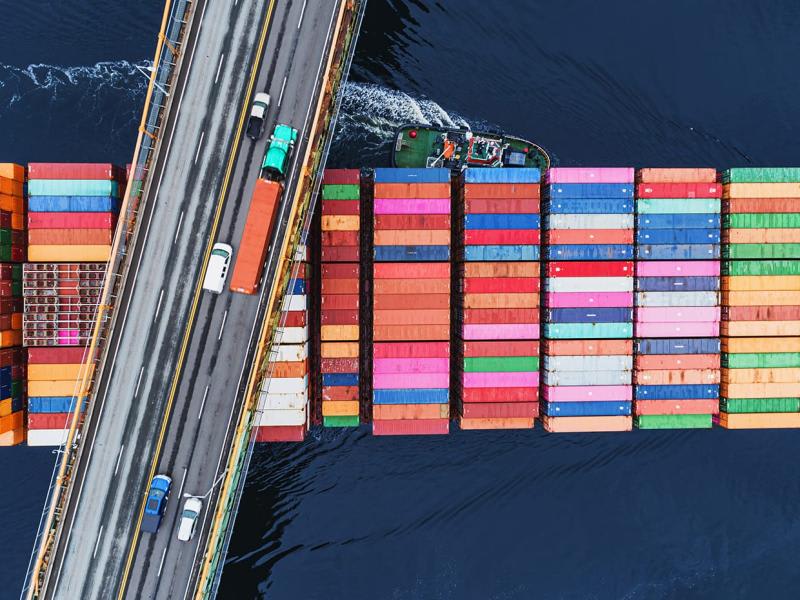Gender equality and diversity were hot topics at this year’s World Economic Forum (WEF) in Davos. Not only did we see the French President, Emmanuel Macron, call on business leaders, politicians and individuals to work together on gender equality, Justin Trudeau also urged world leaders to tackle gender inequality, stating that employers must hire and promote more women not because it is a nice thing to do, but because it is the smart thing to do. Moreover, this year was the first year that WEF organisers committed to appointing seven female co-chairs. A small but important gesture that highlights the role these women have played in driving the gender diversity mandate in business.
Encouragingly, gender inequality has been increasingly front and centre of the World Economic Forum in recent years. A daunting statistic came out of 2016’s Davos meeting predicting that the gender pay gap will not close until 2186. Subsequently, in the following November, the WEF released its annual report into gender inequality which lowered this estimate slightly and stated that it would take 100 years before parity in pay was achieved between men and women. This length of time is entirely unacceptable. The problem can only be tackled by addressing the underlying imbalance between men and women in businesses that has been fostered within society for generations. Action must be taken to ensure it does not endure any longer.
Fortunately, momentum is building. Last year, we saw the UK Government pass legislation that requires every company in the United Kingdom with more than 250 employees to report on the disparities in pay between genders by April 2018. In Iceland, for example, a law has been put in place to ensure that companies with more than 24 employees gain certification from the government that states male and female employees are paid equally for the same role. Moving towards a system of heightened accountability and transparency is exactly the bold change that needs to happen and I would argue that we must see this occur more and more.
Last year, seven countries – United States, Australia, Seychelles, Norway, Sweden, Finland and United Kingdom employed envoys for gender equality. In order to encourage continued momentum, it’s important all developed nations move towards doing more and having representatives such as these envoys is a good place to start. Nations, companies, governments and individuals can’t just make one positive change and then rest on their laurels. If organisations can push for women to break through the glass ceiling – this will normalise the role of women at the top, and perhaps the generations of women that follow won’t find it as difficult to implement structures that protect fairness and equality.
Despite this year’s WEF being chaired by seven women, only one in five delegates to Davos are female. More often than not we see male dominated panels with a lone female representative. Change is occurring and that is great, but it is clear that the overarching power imbalance still tilts towards male dominance. Systems and processes that hold business and government accountable for disregarding equality are necessary. Whether that is pay gap reporting, ambitious quotas, or any other process, transparency and accountability must be achieved. In 2018, it would be great to see initiatives driven forward by leaders before it becomes a legal requirement.




